
Wondering if you can find grant writing jobs, even as a beginner?
If writing for a good cause makes your heart sing, but you don’t know much about this career path, then you’ve come to the right place.
Whether you’re looking for a flourishing full-time writing career or to find some freelance work on the side, even the greenest writers can pursue a lucrative grant writing career.
In this article, we’ll show you what kind of grant writing jobs are out there and how to become a grant writer.

A grant writer’s job is to research, draft and submit proposals to (private) foundations, corporations, or governmental agencies, to secure grant funding.
As a grant writer, you will work for a charitable or nonprofit organization, either as an employee or as a freelance consultant.
Some of the things you’ll be responsible for as a professional grant writer include:
That’s the grant writer job description in a nutshell. But let’s move on to where you can actually find meaningful work.
And yes — nearly all the jobs we’ll discuss have remote work opportunities.
There are job openings in nearly every industry for grant writers, and with close to 1.6 million nonprofits in the U.S. alone, the demand is vast.
Undoubtedly, there’s more than one job opportunity here that will spark your interest.
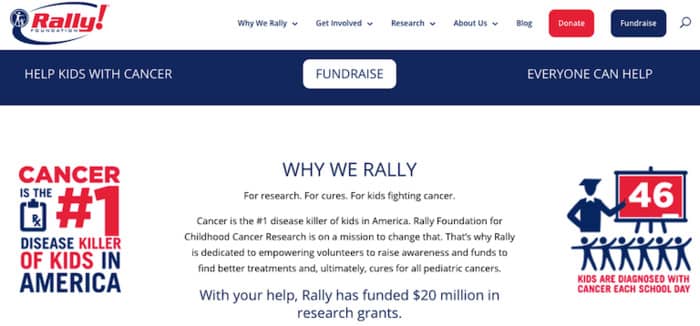
Healthcare nonprofits like Rally seek funding sources to improve healthcare and life quality to meet both immediate and future needs.
Cancer research, (under)nutrition, and humanitarian aid are a few high-demand examples.
Federal grants generally come from national institutes like the CDC, FDA, and HHS.
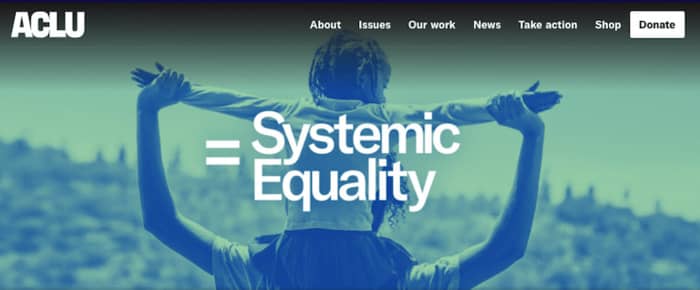
The ACLU seeks to protect, defend and promote human and legal rights, tolerance, and understanding.
They do this by raising money to fight poverty, achieve equal opportunities for women and promote the welfare of the LGBT+ community, among others.
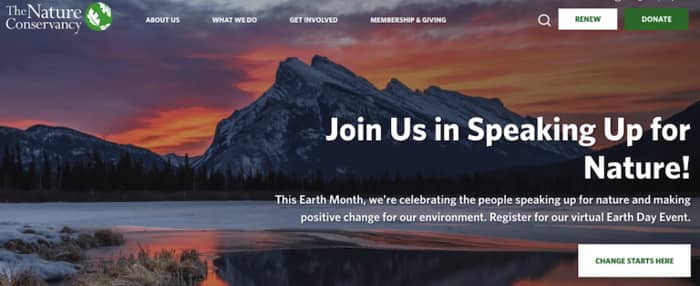
In the human health and environment space, you may find work with a smaller nonprofit organization, a larger government agency, or even a national institute like The Nature Conservancy.
At The Nature Conservancy, your grant award might support projects to reduce environmental risk, ensure clean air, land and water, and other small local projects.
The environmental space is also a consistently lucrative grant writing niche. For example, the EPA alone awards more than $4 billion yearly in grant funding. So if you’re skilled with drafting environmental grants, you’ll likely find regular work.
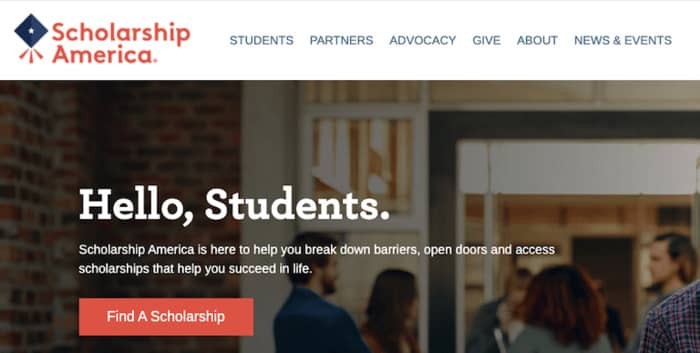
A grant proposal writer in education can expect to work for a school, college, university, library, or local educational center.
Scholarship America “works directly with students, parents, colleges, businesses and communities to help students fulfill their college dreams.”
Grant money will help low-income children, promote literacy in adults, or buy textbooks and other supplies.
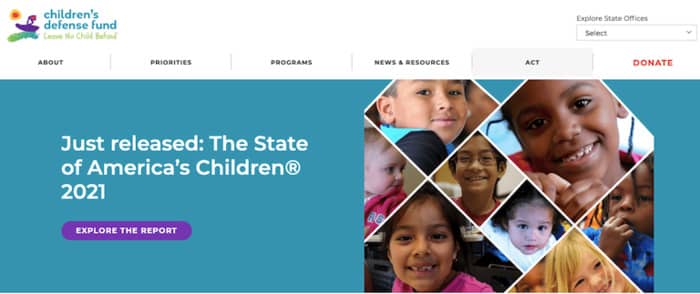
Working for agencies in the child welfare system (like the Children’s Defense Fund) brings in money to sustain their missions.
Child welfare relies heavily on federal funds to receive and process reports of possible child abuse and neglect, provide services to families needing assistance, and arrange for reunification or adoption.
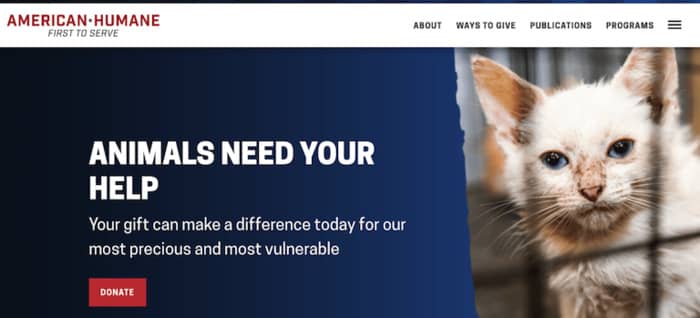
Writers passionate about ensuring animals are loved, healthy, well-nourished, and safe can help animal welfare funds like American Humane.
Projects needing grants might include shelter continuity, veterinary programs, and animal cruelty and neglect prevention.
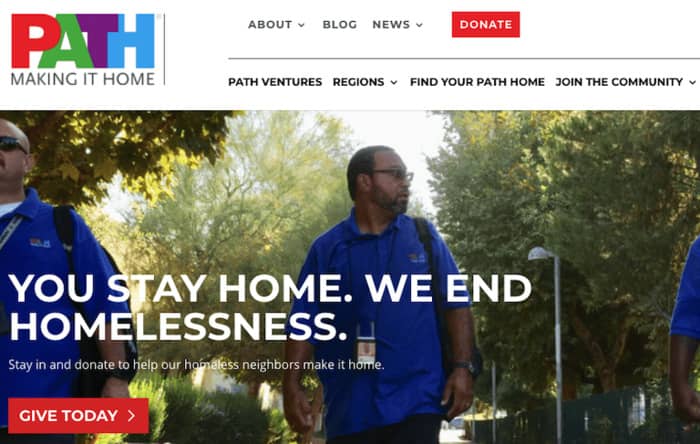
If you feel every soul should have a warm, safe place to live, you’ll feel right at home as a homelessness grant writer for an organization like Path.
Fundraising will bring in money for meal programs, housing opportunities, and any practical support provided to the homeless.

Check out an organization like The Intersection if you believe arts and culture unite and enrich human life.
In this industry, you will write proposals for grants that support dance, music, theater, artists contributing to society, and promoting arts and culture in schools.
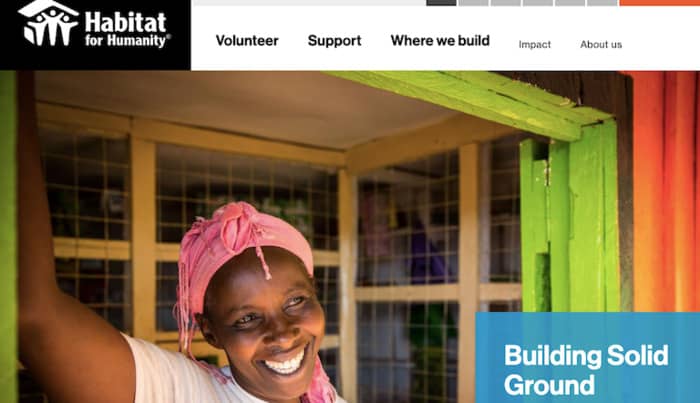 habitat for humanity homepage" width="700" height="403" />
habitat for humanity homepage" width="700" height="403" />
Housing organizations like Habitat for Humanity develop and preserve affordable housing and safe living environments.
You could help secure grant opportunities for affordable housing, local community renovation projects, and housing projects for disadvantaged populations.
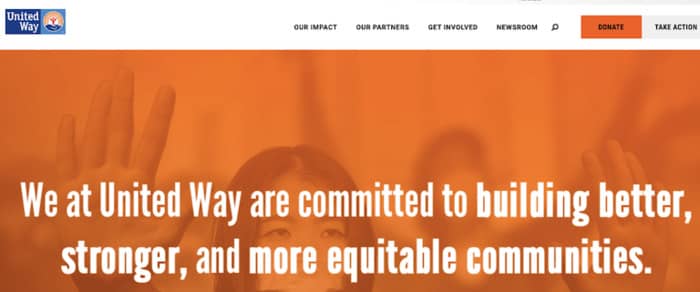
The goal of community development nonprofits like United Way is to create stronger and more connected communities.
Projects needing funding might include starting up a soup kitchen or food bank, organizing charity events, or setting up a summer camp for children of low-income families.
Community development is a broad subject, and you will find it overlaps with some of the other categories.
Grant writing often requires technical writing skills.
Extensive in-depth research skills, tight deadlines, and writing clear and accurate descriptions are part of the grant writer’s job description.
However, a little freestyle storytelling applied here and there may work wonders.
Sprinkle some literary drama onto stakeholders and executive directors, and may have the winning formula for a successful grant proposal.
Learn to write so well that funders can’t help but throw money at the organizations your grant represents.
Knowing how to simply put words on paper is significantly different from knowing how to write compelling, flawless pieces.
So learn how to write.
It will give you an advantage over the competition.
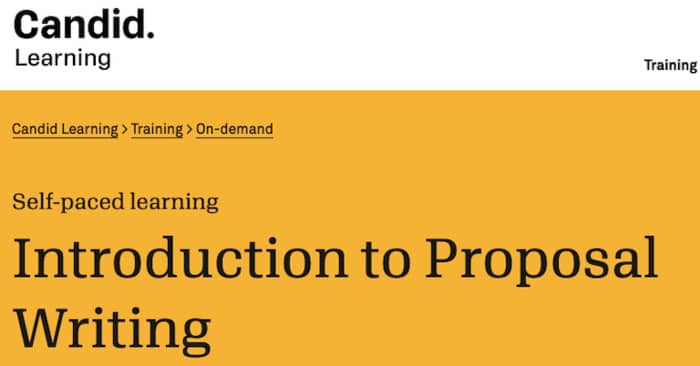
Even though some employers may require one, a Bachelor’s degree isn’t necessary to write glittering grant proposals.
Take online grant writing classes (via Candid Learning, for example), or go for a grant writing certification from the Grant Professional Certification Institute.
If that doesn’t fit your schedule or budget, there’s also a plethora of books available on the subject.
Don’t skip this step!
Potential employers will ask for it; they want to see what you can deliver.
Your perfect pitch alone won’t cut it.
Increase your effectiveness by applying what you learned in Step 3 to write an impeccable spec piece.
Maybe even talk to a local nonprofit organization or charity and offer to write one proposal at no cost.
You help them bring in vital funds, and they help you add grant writing experience points to your resume.
Bottom line: power up your writing portfolio and do anything you can to show off your wondrous writing skills.
Wow potential clients with a powerful bio showcasing how you can help them and why they should hire you.
Take this killer bio, for example:
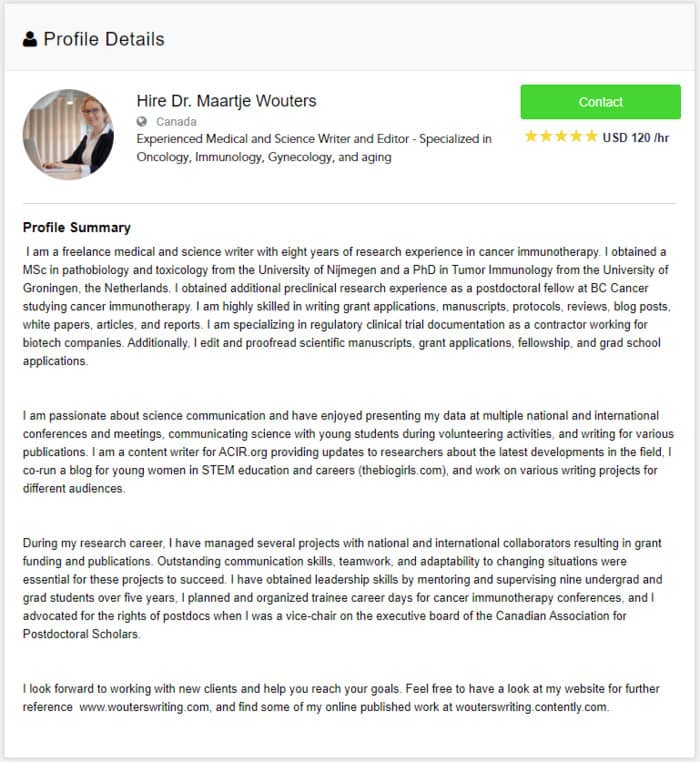
Sell yourself!
Check out this helpful post on how to write a badass bio.
Networking, you either hate it or love it.
But really, it can be easy and even fun if you keep it simple and start locally.
One great way to begin your grant writing journey is to volunteer in your community.
This allows you to familiarize yourself with the nonprofit organizations in your area and learn more about how they operate.
It could open the door to your first assignment.
I know what you’re thinking.
“Just how big is this industry?”
Charitable giving yearly runs in the billions (no typo!)
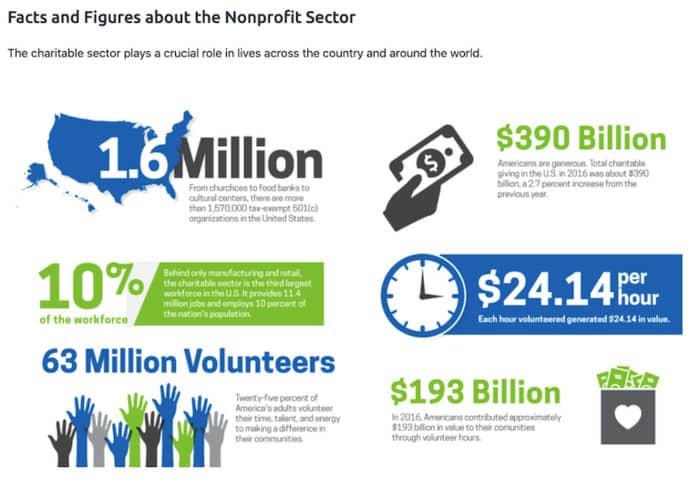
Grant writers are definitely in demand.
And, if you become a superhero at winning grants, organizations will be eager to hire you.
As you might expect, paychecks are largely location-dependent.
Organizations in New York, Los Angeles, or San Francisco will likely pay better than those in, say, Memphis or Tulsa.
Grant writing jobs, on average, pay $72.259 per year, depending on education, certification, and additional skills.
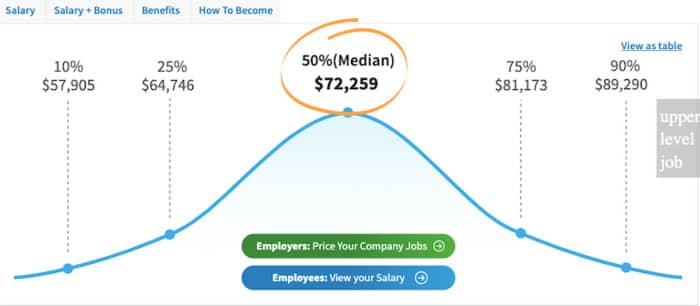
Hourly freelance rates range from as little as $40 per hour to $100 per hour and way beyond.
Having a spiffy online portfolio site is undoubtedly helpful.
But when you take ages to craft a picture-perfect website, you’re just stalling the process of becoming an actual writer.
Don’t obsess over it.
Rocking your LinkedIn profile is all you need to kickstart your career. You can even publish articles there.
Go ahead and target the regular job sites, but make sure to also give your attention to specific nonprofit job boards like these:
The expert in anything was once a beginner. – Helen Hayes
As you can see, you don’t need the grant writer gene to succeed in grant writing.
You just need a passion for a good cause, determination, and a willingness to pursue this lucrative career.
So now it’s time to move!
Power up your writing skills, build relationships in the nonprofit sector and pull together a sample.
Go all in.
Now imagine winning your first grant award…